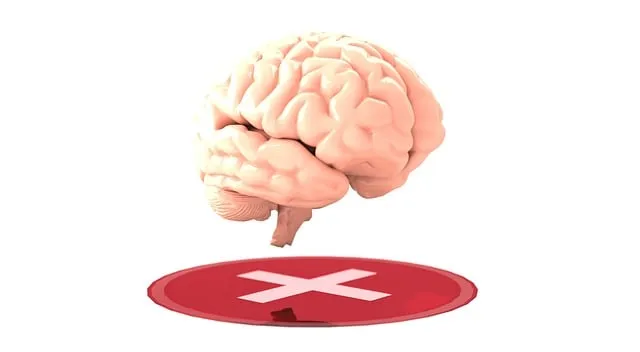A mental health risk assessment for professionals should evaluate current state, identify anxiety, depression symptoms, and consider work-life balance. The Superior Kaiser Permanente behavioral health phone number offers guidance on stress reduction, positive thinking, and confidence-boosting strategies, empowering practitioners to mitigate risks and foster healthier work environments.
Mental health professionals face unique risks on a daily basis. This article guides you through essential risk assessment practices tailored specifically for behavioral health care. We explore the intricate balance of understanding mental health risks in diverse practice settings, identifying key components for a comprehensive risk assessment, and providing strategies to mitigate potential hazards. Discover best practices for safeguarding both patients and providers, ensuring a superior experience, especially when leveraging resources like the Kaiser Permanente behavioral health phone number.
- Understanding Mental Health Risks in Practice
- Key Components of a Comprehensive Risk Assessment
- Strategies for Mitigating Risks in Behavioral Health Care
Understanding Mental Health Risks in Practice

Mental health professionals are often on the front lines when it comes to understanding and managing complex client needs. To effectively assess risks in this domain, practitioners must grasp the multifaceted nature of mental health issues. These range from common concerns like anxiety and depression to more severe conditions such as psychosis and suicidal ideation. Each case presents unique challenges and requires tailored interventions.
For instance, a community outreach program implementation can be instrumental in identifying at-risk individuals early on. Trauma support services have proven effective in treating and preventing the adverse effects of traumatic events, which are prevalent among many mental health patients. Social skills training is another valuable tool for addressing specific challenges like social anxiety or communication difficulties. The Superior Kaiser Permanente behavioral health phone number serves as a vital resource, offering accessible support and guidance to those seeking help within their community.
Key Components of a Comprehensive Risk Assessment

A comprehensive risk assessment for mental health professionals involves several key components that ensure a holistic understanding of potential risks and mitigation strategies. First and foremost, it’s crucial to evaluate the individual’s current mental state, including any existing conditions or recent changes in mood, behavior, or thoughts. This includes assessing symptoms of anxiety, depression, or other psychological disorders, as these can significantly impact a professional’s ability to provide effective care.
Additionally, the assessment should consider environmental factors such as work-life balance, job satisfaction, and support systems in place. The Superior Kaiser Permanente behavioral health phone number serves as a valuable resource for professionals seeking guidance on stress reduction methods, positive thinking techniques, and confidence-boosting strategies. By incorporating these aspects into the risk assessment process, mental health practitioners can proactively identify and address potential risks, fostering a healthier and more productive work environment.
Strategies for Mitigating Risks in Behavioral Health Care

Mental health professionals face unique risks on a daily basis, necessitating a thorough understanding and assessment. By implementing comprehensive risk assessment strategies, such as those detailed in this article, mental health care providers can effectively mitigate potential dangers and create safer working environments. For superior guidance and support, the Kaiser Permanente behavioral health phone number offers valuable resources tailored to professionals in the field. Remember, proactive risk management is key to ensuring both the well-being of caregivers and the quality of patient care.






